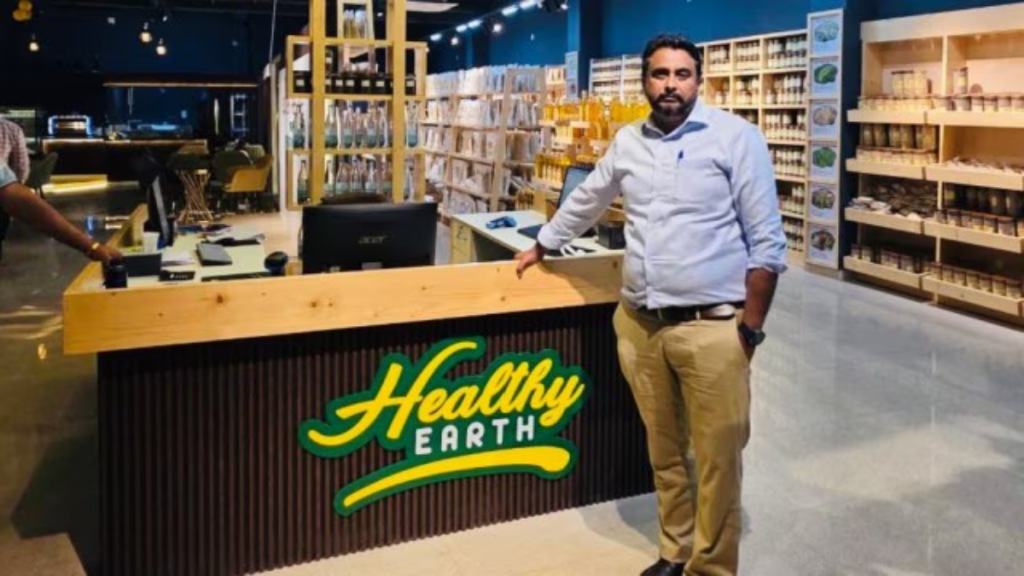It’s not every day that a banker walks away from a stable corporate job to become a full-time farmer — and ends up building a Rs 100 crore business in the process. But that’s exactly what Bikramjit Singh Randhawa did.
Born and raised in Gehlewal, a small village in Ludhiana district, Randhawa seemed destined for a comfortable corporate life. With a steady job in insurance and banking, and an annual salary of Rs 13.5 lakh, he had every reason to stay put. But the pull of the soil and a desire to do something more meaningful eventually drew him back to his roots.
His farming journey began back in 2005, while he was still working full-time. He started small, experimenting with lemons and pomegranates on his family’s 2.75-acre plot. The pomegranates didn’t quite work out, but the lemons showed promise. Over the years, that small experiment grew into something much bigger.
In 2014, he took the plunge, quitting his job and dedicating himself fully to farming. Today, Randhawa manages close to 200 acres of land, much of it leased, spread across different districts in Punjab. Around half of that is used for fruit cultivation, lemons, guavas, apples, and pears, while the rest is dedicated to seasonal crops like wheat, maize, pulses, sugarcane, turmeric, and vegetables.
But Randhawa didn’t stop at farming. What sets him apart is his focus on building a community. Through his initiative, Generation of Farming, he has helped over 600 farmers shift to organic farming. These farmers now earn more than the government’s Minimum Support Price, thanks to better market access and training in sustainable methods. Taking it a step further, Randhawa launched Healthy Earth, a direct-to-consumer brand that includes organic retail stores and restaurants. The brand sells over 200 products, from grains and pulses to dairy and fresh produce. The goal is simple: make organic food accessible, reliable, and profitable.
In just two years, Healthy Earth has crossed Rs 100 crore in turnover. The vision now is bigger, to open 100 organic grocery stores and 100 restaurants across Punjab. Randhawa’s story is not about romanticising farming, he’s the first to admit it’s tough work. But it is about reimagining what’s possible when business thinking meets grassroots purpose.
